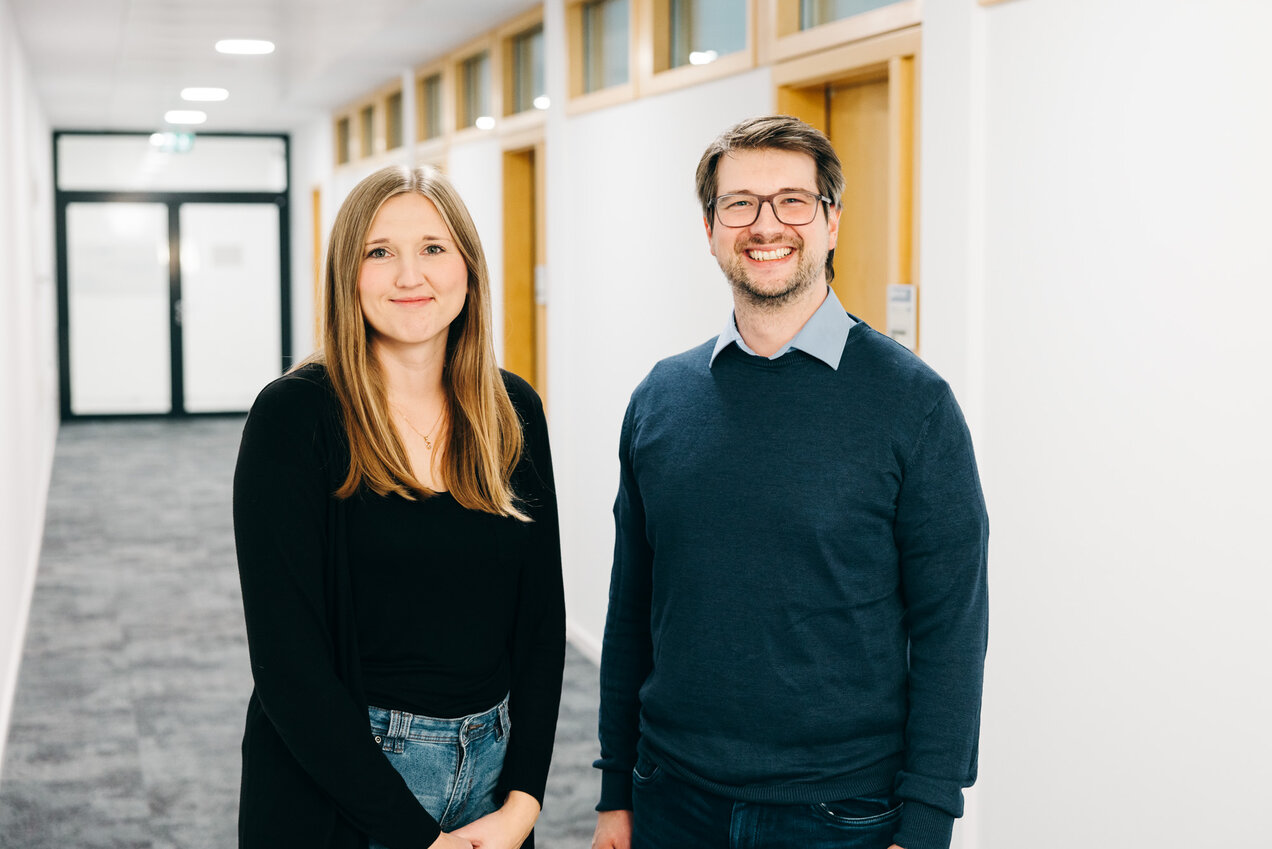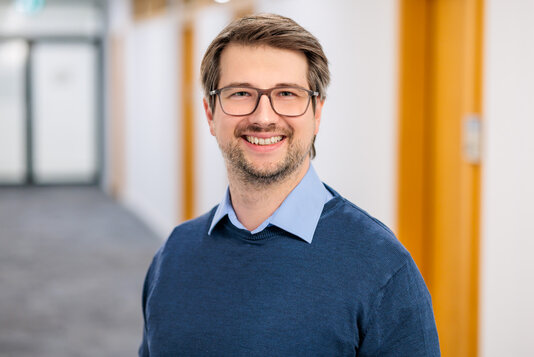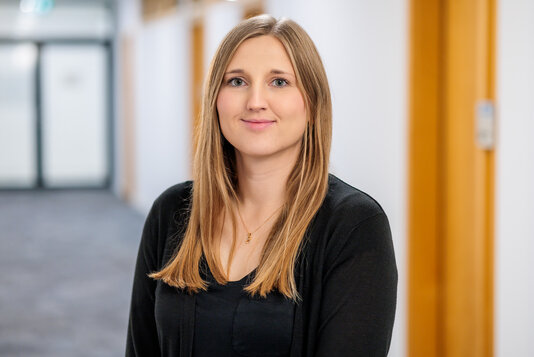
The AICOS lab explores the role of generative AI in science communication. We aim to understand how AI-generated content affects recipients' trust, perceptions, knowledge acquisition, and communicative resistance, as well as how AI tools influence stereotypical conceptions of scientists. We employ an interdisciplinary approach, integrating qualitative and quantitative methods from education and communication studies, involving two sets of studies:

Our group combines expertise in qualitative and quantitative research, collaborating internationally with Dr Hanall Sung from the University of Tennessee (USA), an expert in educational data science and mixed methods. Her involvement bridges our research cultures and enhances methodological rigor.
Through these efforts, we aim to provide valuable insights into the benefits and challenges of using AI in science communication, ultimately enhancing public engagement through responsible AI use.

Dr Maximilian Krug
University of Duisburg-Essen | Institute for Communication Studies | Multimodal Communication, Social Interaction & Technology Group
E-mail: maximilian.krug@uni-due.de
In his current research, Maximilian Krug examines the organisational structures of conflicts in interpersonal communication. On one hand, he focuses on rejections and resistance in multimodal face-to-face interactions, while on the other hand, he explores incivility and reactance in online communication. Additionally, he is involved in science communication and investigates how scientific findings can be effectively prepared for the public.
Website

Dr Valentina Nachtigall
Ruhr University Bochum | Institute of Educational Research | Educational Psychology and Technology Research Group
E-mail: valentina.nachtigall@rub.de
Dr Valentina Nachtigall is a postdoctoral researcher in the Educational Psychology and Technology Research Group at Ruhr University Bochum. During her doctoral and postdoctoral studies (Ruhr University Bochum) and various international research stays (University of Washington, USA; University of Wisconsin-Madison, USA; Cyprus University of Technology, Cyprus), she has worked on different types of authentically contextualised learning of scientific ways of thinking and working, and has researched the conditions, mechanisms, and effects of authentic learning through an empirical and conceptual lens. For one of her current research projects, which focuses on investigating and measuring students' conceptions of scientists in the social sciences and humanities, she received a grant from the German Research Foundation (DFG). The main goal of her research is to explore effective ways to support learners in developing appropriate conceptions of research and scientists.
Website
https://www.pe.ruhr-uni-bochum.de/erziehungswissenschaft/pp/team/nachtigall.html.de
The University of Tennessee Knoxville, USA
College of Education, Health, and Human Sciences | Theory & Practice in Teacher Education
https://tpte.utk.edu